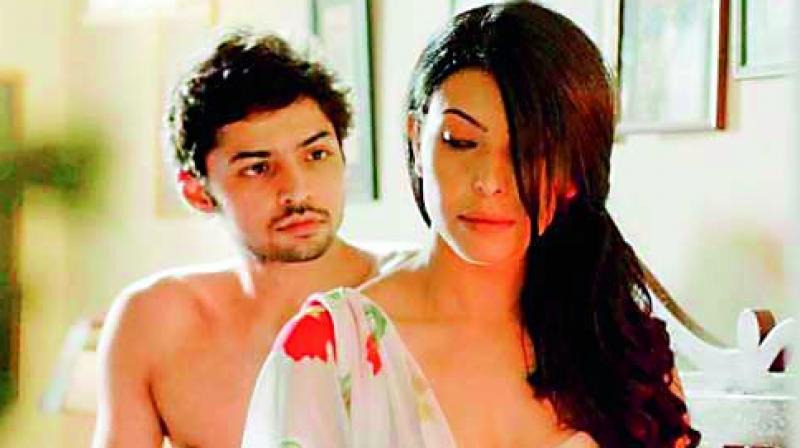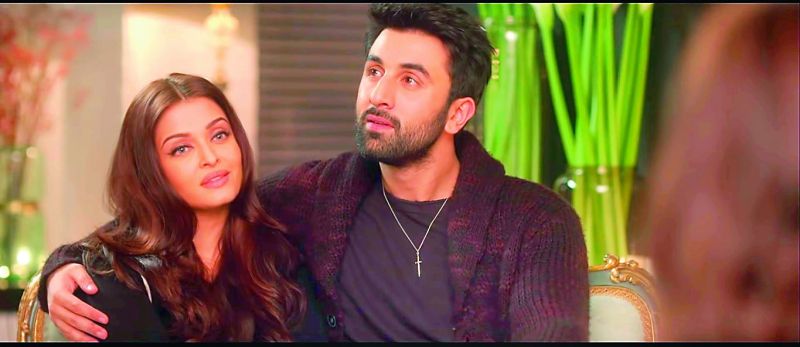When age is not Just a number

In the recently released De De Pyaar De, Ajay Devgn character is seen romancing a woman half his age. While most applauded the actor for playing his age, none objected to the fact that the woman he was dating was more than two decades younger. But what happens when the roles are reversed? What if Tabu’s character (who plays his estranged wife) were to be in a relationship with the age gap? Would the audience be equally kind? The film’s producer Luv Ranjan, however, disagrees and says the unacceptance is an assumption and holds no solid ground. “In this film, lust was there. But it is subjective. We have to make an attempt to make such a film to see whether it will be accepted or not. Only then we will get to know.”
 55
55
While Luv may be more accommodating in his views, the fact remains that Bollywood is still patriarchal when it comes to portraying relationships. A man romancing a younger woman in films is common but female characters with younger men always have back-stories of unfulfilling lives where ‘lust’ comes to play. Case in point: Aishwarya Rai Bachchan’s character in Ae Dil Hai Mushkil or Radhika Apte’s in Lust Stories. Tabu who played the younger woman in Amitabh Bachchan starrer Cheeni Kum reiterates that cinema holds a mirror to the society. “I think films will reflect whatever is accepted in society. I think an older man with a younger woman is more accepted in the world and society, which is why we see it so often on screen. Society choices will reflect in cinema,” she says.
Farah Khan, on the other hand, feels that it’s the hypocrisy of our society that we see in such films. Farah says, “When we see an older hero with a younger girlfriend, do you back an eyelid? No, we don’t. If you see an older woman with a younger man, the instant reaction would be ‘oh my god!’ This is the world we live in.” But the director also admits that this stereotyping isn’t restricted to only Bollywood but is prevalent everywhere. “The minute the roles are reversed, the reaction is different. But that will take time to change,” she added.
Shilpa Shukla’s 2013 film BA Pass was about the intense relationship between a small-town boy and an older married woman. According to Shilpa, the reason why a mature woman is often depicted in a certain way is perhaps driven by commerce. The Chak De! India actress says, “It may have to do with the objectification of woman or the way they are portrayed on screen. It may not be the filmmaker’s purpose completely but maybe because it serves the market better. At the end of the day, sex sells”. Though films are basically a director’s vision, Bharat director Ali Abbas Zafar believes that directors should be sensitive to how relationships are portrayed. “If you give enough dignity to his actors and characters, then I don’t think the audience will see it as lust,” he says.
In an industry where the female leads have limited shelf lives, the lack of author-backed roles can also be the reason why such stereotypes still exist.
An insider on the basis on anonymity reveals, “Come to think of it, not many scripts are written for actresses of that age. The industry doesn’t want to give work to a senior actress but have no qualms in working with actors of that age. That’s the hypocrisy of this industry but this doesn’t happen in the west. Someone needs to open the dialogue and that’s when one can expect a change.”

